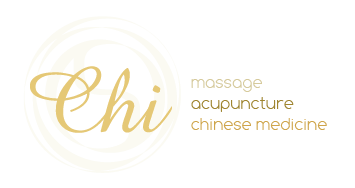We have been practising Chinese Medicine since 1997, from public hospital in China to private clinic in Australia. Traditional Chinese medicine, including both acupuncture and Chinese herbal medicine, has thousands years’ history. It passed the test of time and has been attracting plenty of attention in the world by its unique theory and naturalness. Over the years of practice, I have been amazed by its effectiveness in the clinic. Compared to western medicine, there are some differences I would like to share .
In Chinese medicine theory, it is believed that a person’s mental activities, such as stress, anxiety and happiness, negatively or positively affect functions of internal organs. The most well-known example is IBS (Irritable Bowel Syndromes). Chinese medicine attributes the disordered digestive system mainly to emotional instability — stress and anxiety. In prescriptions of acupuncture or Chinese herbs, acupuncture points or herbs which have effect of calming down the mind are added to achieve a better result. While in western medicine, it is recognized that stress or anxiety plays an important role in IBS. However, due to lack of objective measurement (mental activities are subjective), treatment is more symtom based. It is also the case with reflux.
Impact of environment on health is another feature of Chinese medicine. We live in the universe where everything interacts with each other. Based on the theory, a person’s health is closely associated with the environment around, such as living and working conditions. For example, it is quite common to see office workers suffering neck shoulder pain mainly due to long time use of computer at work. Humidity usually makes people feel uncomfortable and sluggish, so spicy herbs are prescribed to remove the humidity and increase energy. Athritis patients more likely suffer pain at cold days. This is why, during a consultation, a Chinese medicine doctor always check “where do you live?” “What do you do?”
The key element of the theory is existence of Chi (energy) in human body. In Chinese medicine, smooth flow of Chi (energy) indicates good health while diseases usually are related to blockage of Chi (energy) at certain parts of the body. The meridians in acupuncture are pathways of energy through the body, connecting outside (body surface) to inside (internal organs). Some studies showed that sensitivity of certain parts of skin increased when there was some problem with related organs.
However, every medicine has its limit. Chinese medicine is not “penicillin” – it can’t cure everything. As practitioners with years of experience, we would like to offer quality treatment to our patients in the areas we believe Chinese medicine can help.
We love to see you smile!

